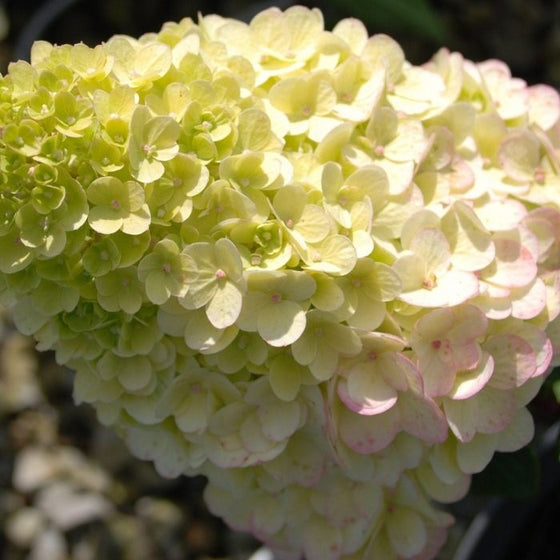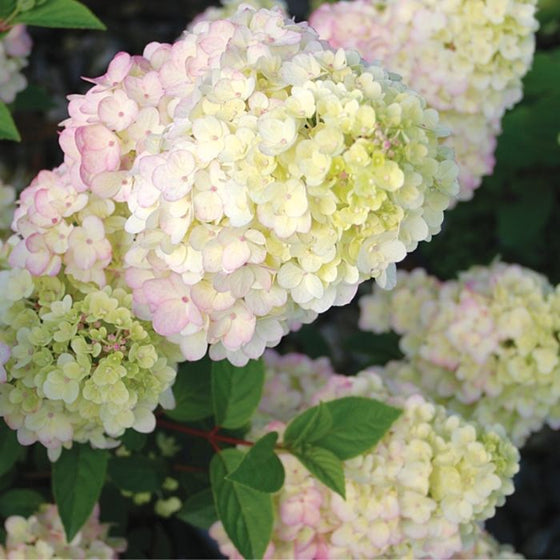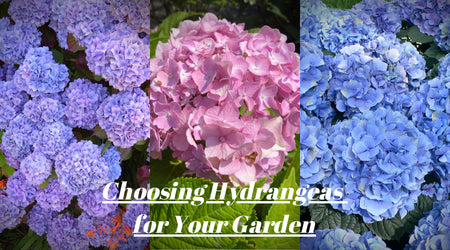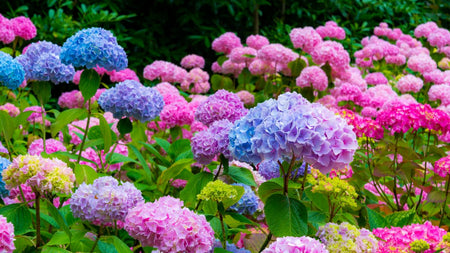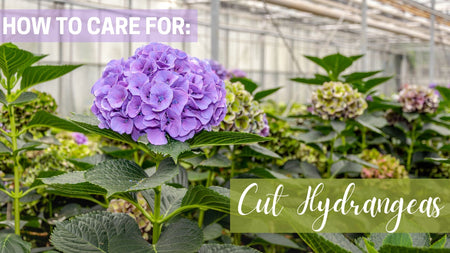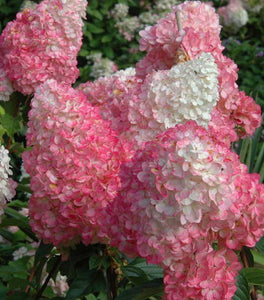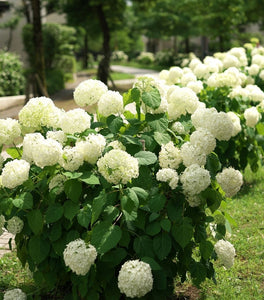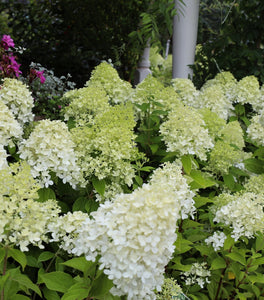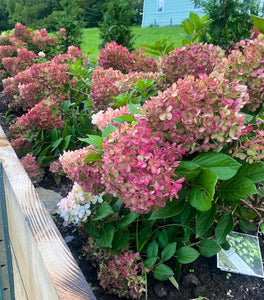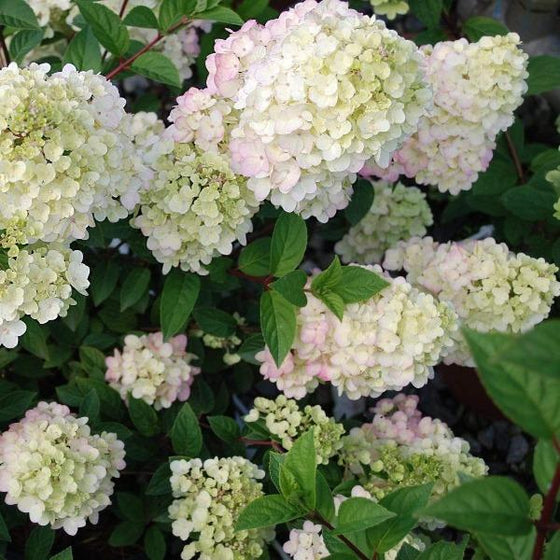
Images Depict Mature Plants
Strawberry Sundae® Hydrangea – Compact White-to-Pink Panicle Hydrangea for Small Gardens
Big color, small size, endless charm.
The First Editions® Strawberry Sundae® Hydrangea brings a delicious burst of color to your landscape with large white blooms that transform into strawberry-pink and red tones as the season progresses. Compact in form yet bold in beauty, this dwarf panicle hydrangea delivers continuous color from midsummer through fall, adding a touch of sweetness to any garden space.
Perfect for small gardens and containers.
Reaching just 3 to 4 feet tall and wide, Strawberry Sundae® is the perfect choice for tight borders, foundation plantings, or patio containers. Its upright panicles are packed with long-lasting blooms that resist drooping—even after summer rains. The compact size and strong stems make this hydrangea ideal for both residential gardens and professional landscape designs.
Dependable performance and easy care.
As a Hydrangea paniculata, Strawberry Sundae® is exceptionally cold-hardy and low-maintenance. It thrives in full sun to partial shade, blooming reliably each year on new wood, even after harsh winters or pruning. With minimal care, you’ll enjoy season after season of eye-catching color—starting white in midsummer, then turning blush pink and finally deep strawberry red by fall.
The beauty of Vanilla Strawberry, in a smaller scoop.
Strawberry Sundae was bred as a compact counterpart to Vanilla Strawberry Hydrangea, offering the same dramatic color-changing display in a smaller, more manageable size. Whether used as a border accent, container centerpiece, or mass planting, this hydrangea brings four-season beauty and endless curb appeal with minimal effort.
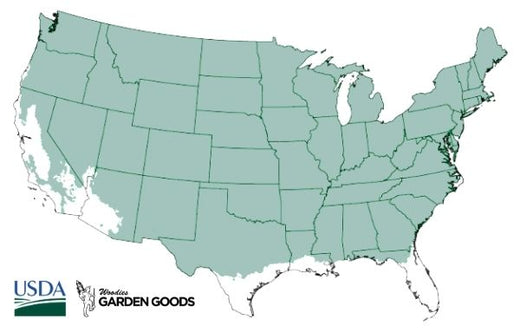
| Hardiness Zone: | 3-8 |
|---|---|
| Mature Height: | 3 to 4 feet |
| Mature Width: | 3 to 4 Feet |
| Classification: | Broad leaved deciduous shrub, summer flowering |
| Sunlight: | Full sun to part shade |
| Habit: | Upright, densely branched |
| Flower Color: | White flowers turning to Strawberry pink in late summer to early fall |
| Foliage: | Dark Green |
| Pruning Season: | Late winter to early spring, promotes increased branching and more flowers |
| Soil Condition: | Any well drained soil |
| Water Requirement: | Water well until established |
| Uses: | Extremely attractive when used as a focal point in the mixed border, mass planting, or a specimen planting |
How to Care for First Editions® Strawberry Sundae® Hydrangea
Starwberry Sundae HydrangeaBe sure to read our planting instructions to ensure a healthy and happy plant for years to come!
How should I plant my Strawberry Sundae Hydrangea?
Choose a location with well-drained, fertile soil and 4–6 hours of daily sun, preferably morning light and afternoon shade. Dig a hole twice the width of the root ball but no deeper, then gently loosen the roots before planting. Backfill with amended soil, water thoroughly, and apply a 2–3 inch layer of mulch to retain moisture and regulate temperature. Avoid heavy clay soils that hold excess water, as hydrangeas prefer evenly moist—but not soggy—conditions. Planting in early spring or fall helps roots establish before extreme temperatures.
How often should I water my Strawberry Sundae Hydrangea?
Keep the soil consistently moist, especially during the first growing season. Once established, Strawberry Sundae® tolerates short dry periods but performs best with regular watering during summer. Deep watering encourages robust root growth and fuller flower panicles. Add mulch around the base to maintain soil moisture and reduce heat stress. Avoid overhead watering, which can lead to leaf spotting—water at the soil line for best results.
How and when should I fertilize Strawberry Sundae Hydrangea?
Feed once in early spring with a balanced, slow-release fertilizer (10-10-10) to promote strong growth and abundant blooms. In nutrient-poor soil, a second light application in midsummer can extend the flowering season. Avoid high-nitrogen fertilizers, which encourage leaf growth over flowers. Incorporating compost annually keeps the soil fertile and supports steady, healthy blooming each year.

When should I prune Strawberry Sundae Hydrangea?
Prune in late winter or early spring before new growth emerges. Since Strawberry Sundae® blooms on new wood, pruning during this period encourages a flush of new stems and larger flower clusters. Remove any weak, damaged, or crossing branches to maintain shape and airflow. Avoid pruning in summer when buds are forming, as it can reduce the current season’s blooms. With light yearly maintenance, you’ll enjoy vibrant, upright flowers season after season.

